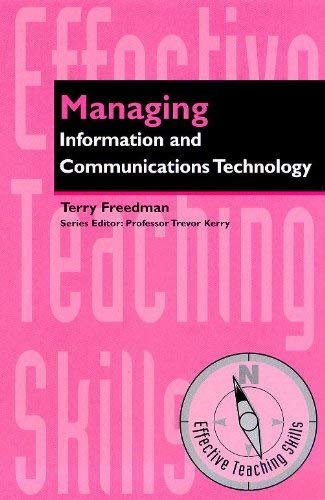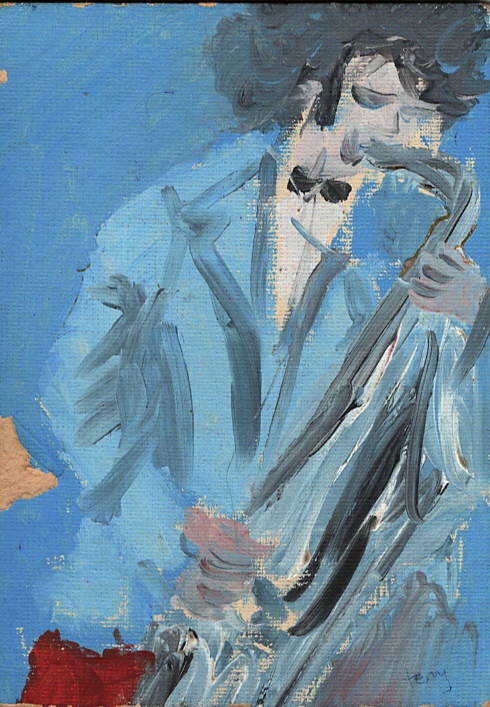I’m familiar with a few of the stories in this volume, which features some well-known names such as Raymond Carver, George Saunders, Grace Paley, Ursula Le Guin and Susan Sontag.
Read MoreA book I'm reading

I’m familiar with a few of the stories in this volume, which features some well-known names such as Raymond Carver, George Saunders, Grace Paley, Ursula Le Guin and Susan Sontag.
Read More
In 2005 I was approached by a publisher who wanted to publish an updated edition of a book that had been very successful, but needed updating. I ended up turning them down
Read More
From Unsplash
I love the subtitle: A history of thinking on paper (my emphasis). I do think there’s much to be said for writing on paper, and there is no paucity of research showing the benefits of analogue over the digital approach.
Read More
The original page containing my article, somewhat mangled after decades of languishing in a box
At the tender age of 17 I was in college, and a student representative on a body called the Joint Consultative Committee. This was a means by which the Principal could learn about the concerns of students in order to, hopefully, address them.
Read More
Labyrinth
by Ideogram
In Escapism: a 50 word prose poem I presented readers with a prose poem constructed in accordance with a constraint, and invited them to suggest what that constraint might be. Here’s the poem again, followed by the solution.
Read More
Here are a few of the books I’ve been sent for review recently, covering AI, maps, time travel and language.
Read More
I’ve provided this (a) as an example of how a manual should be set out and (b) in case you just happen to have a working Atari with this software on it!
Read MoreThe most difficult thing for a saxophone learner to do is open the case and pick up the instrument every day.
Read Moreyears.
The term “automatic writing” is usually associated with a particular psychic phenomenon. However, software now exists that can take data, such as sports results, and generate reports from it.
Read More
Picture by Ideogram
So the great prolificist had run out of ideas, eh? Well actually no: I had the opposite problem. I’d had so many ideas and corresponding false starts that I was floundering in a sea of ideas.
Read More
Saxophonist, by Terry Freedman
On Friday I picked up my sax for the first time in a month. I attempted to play Will You Still Love Me Tomorrow. It started off ok-ish, but then the timing went and so did the right notes. Well, you can’t have everything I suppose.
Read More
My Jane Austen collection
Since I read Northanger Abbey when I was in my twenties, I have to say that in the interim it has much improved. Clearly, Jane must have taken a creative writing course or two because it is now much funnier, more cutting and more modern, what with her stepping outside the story to comment on her characters and the novel form itself.
Read MoreThe following story has been written in accordance with a constraint, in true Oulipian style. The Oulipo is a writing movement based on constraints, such as omitting the use of a particular letter when composing a text.
Read MoreIf your interest in the Oulipo goes beyond simply trying out their techniques, and you wish to learn about the context in which it was conceived and the developments in went through, you will find this book very useful.
Read More
Saxophonist, by Terry Freedman
Writing in different voices, genres or styles is a really good way of improving one’s skills.
Read MoreA very timely publication. The first section is replete with anecdotes about trigger warnings and similar. Some of these are, in my opinion, ill-informed (such as the charges levelled against Jane Austen) while others are ridiculous (like the rewriting of parts of the Noddy books).
Read MoreThe Book at War is a fascinating study of how books and other reading matter have variously influenced politics, propaganda and history over time.
Read MoreElborough’s central premise is that artists’ travels have always influenced their art – albeit more obviously in some cases than others.
Read MoreA long-held belief of mine is that no writing is wasted. I hear of people who have spent time writing something, decided it's rubbish, and then deleted it. But the process of evaluation that someone goes through to arrive at the conclusion that the thing they've just slaved over is rubbish is valuable in itself.
Read More